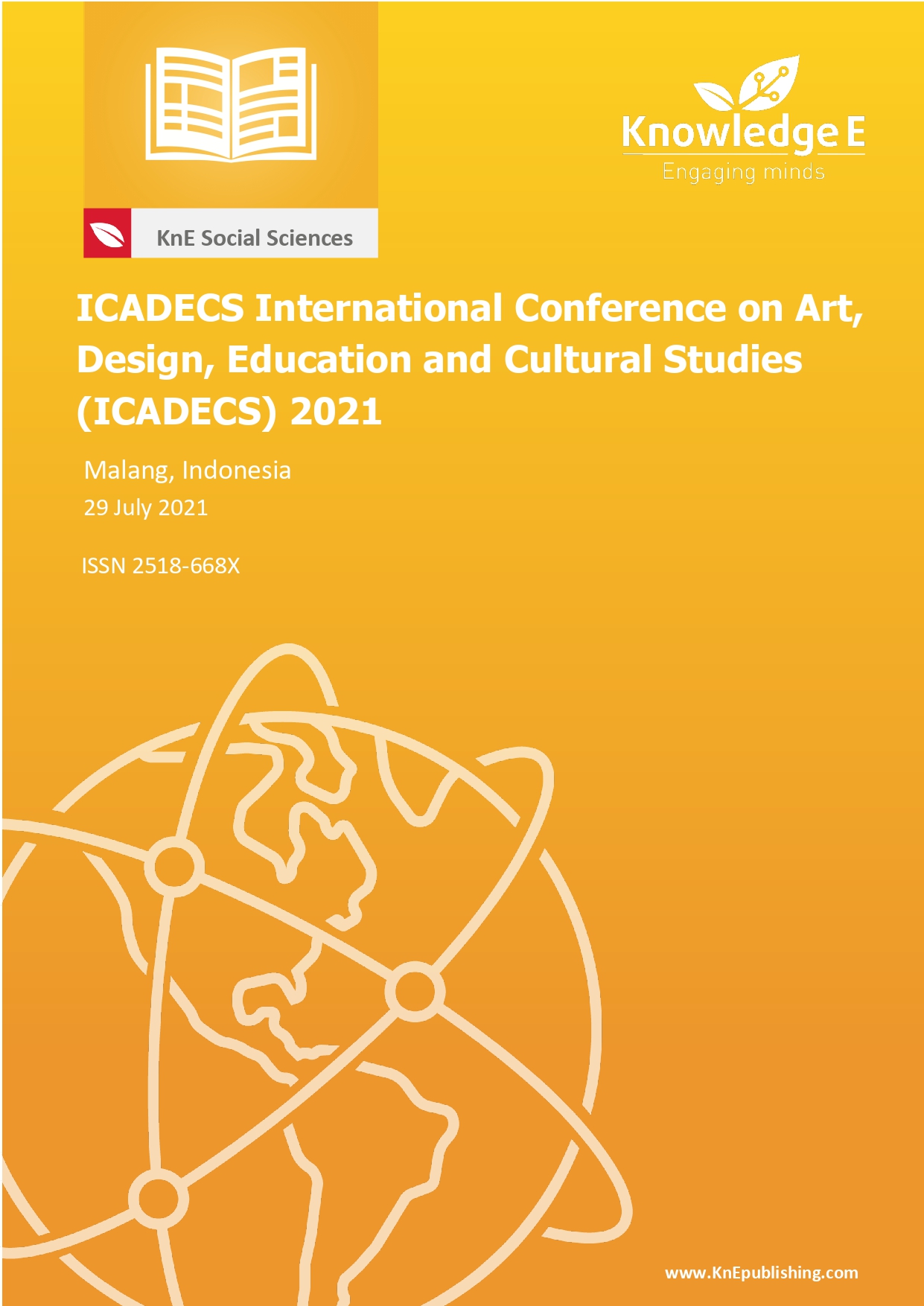Teachers' and Parents' Viewpoints of Game-Based Learning: An Exploratory Study
DOI:
https://doi.org/10.18502/kss.v7i13.11647Abstract
During the recent global pandemic, children’s screen time has been raised due to learning at home programs. Unexpectedly, teachers and parents have been forced to adapt to digital learning technology for children’s education. This study aimed to explore the anxiety and dilemmas faced by teachers and parents in using game-based digital learning. The researcher argues that their role as educators and facilitators in digital learning and playing activity is critical. It is essential to understand how they view, deal with, and experience game-based learning before developing an educational game. A gap was found in the existing studies about teachers’ and parents’ perspectives of game-based learning. Two questionnaires were developed separately for teachers and parents of primary school children in East Java, Indonesia. The results provided information about the teachers’ and parents’ concerns about digital learning, including their frustrations and motivations.
Keywords: game design, game-based learning, educational game, digital learning, human-centered design
References
[2] Ulicsak M, Williamson B. Computer games and learning: A Futurelab handbook. Futurelab; 2011. Available from: https://www.nfer.ac.uk/publications/FUTL01/FUTL01. pdf
[3] Hanghøj T, Brund CE. Teacher roles and positionings in relation to educational games. ECGBL 2010 Proceedings p. 116-122. Academic Conferences and Publishing International.2010.
[4] Bourgonjon J, Valcke M, Soetaert R, De Wever B, Schellens T. Parental acceptance of digital game-based learning. Computers & Education, 57(1), 1434–1444. 2010.
[5] Kementrian Pendidikan Nasional RI. Jumlah kepala sekolah dan guru menurut jenis kelamin dan status sekolah tiap propinsi. https://statistik.data.kemdikbud.go.id/ .Jakarta. 2020

